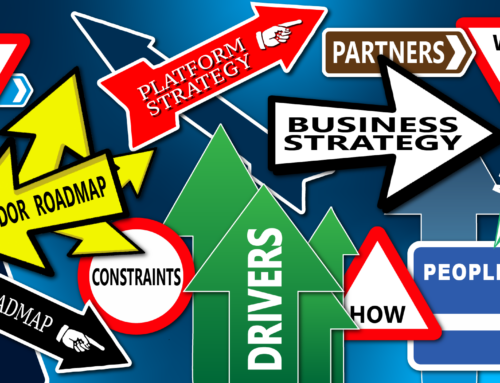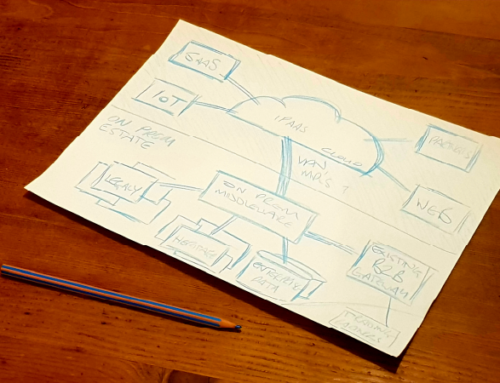You hear it all the time in the press; there’s a massive IT skills shortage. Indeed, at the recent Gartner Application Architecture, Development and Integration Summit last week, analysts were still predicting that demand for IT resources will outstrip supply five-fold for at least the next five years. A good thing for IT professionals but a disaster for companies looking to invest in a digital platform.
Nowhere is this skills shortage more acute than in the enterprise integration market, estimated by Gartner to account for 50% of the $24bn enterprise application spend this year. For many niche integration products, such as WSO2 and Dell Boomi, you will struggle to find experienced individuals even if you have a limitless budget, there are so few in the market.

The problem is exacerbated by the presently fragmented nature of the enterprise integration product market. There are many technology options to choose from for each element of the integration stack, from ESBs to API management. Our experience matches Gartner here: no one vendor covers all bases well and the market is ripe for consolidation. Mergers and acquisitions are inevitable but it’s impossible to foresee who will be leading the charge as new entrants to the market are also highly likely.
With no clear strategic winners in the technology space, your integration platform portfolio is likely to be heterogeneous and evolving over the next few years, so what skills do you actually look for in your strategic integration engineers? How do you plan for the future when the only prediction we can be confident in is that skills requirements will change?
My approach, gained from repeated hiring experiences, is to look not for specific middleware technology skills on an integration engineer’s profile – these are not a reliable indicator of a good integration engineer and simply serve to restrict the talent pool unnecessarily – but rather to look for individuals that have a track record in delivering successful integrations, on any modern middleware platform.
It’s more important to find people who understand the business of integration, patterns, pitfalls, and approaches for example. This is knowledge that takes years to accumulate and skill to apply effectively. Familiarity with a specific technology, on the other hand, can be achieved in a matter of months if you find the right talent.
The thing is, integration development is a bit like cooking; what makes a good chef stand out is their ability to put a recipe together and execute the cooking process well. You wouldn’t hire them based on their experience using a particular oven, would you? Sure; they’ll take a little time to get used to any new equipment (and perhaps produce the odd inedible bake), but after a short familiarisation phase, they’re up and running in their new environment.
This is exactly the hiring approach we take at Wheeve, and it enables us to assemble teams of skilled integration engineers that can deliver on multiple platforms. Given today’s vendor market, it’s critical that we can do this for our long-term capability.
I strongly recommend you do the same.








